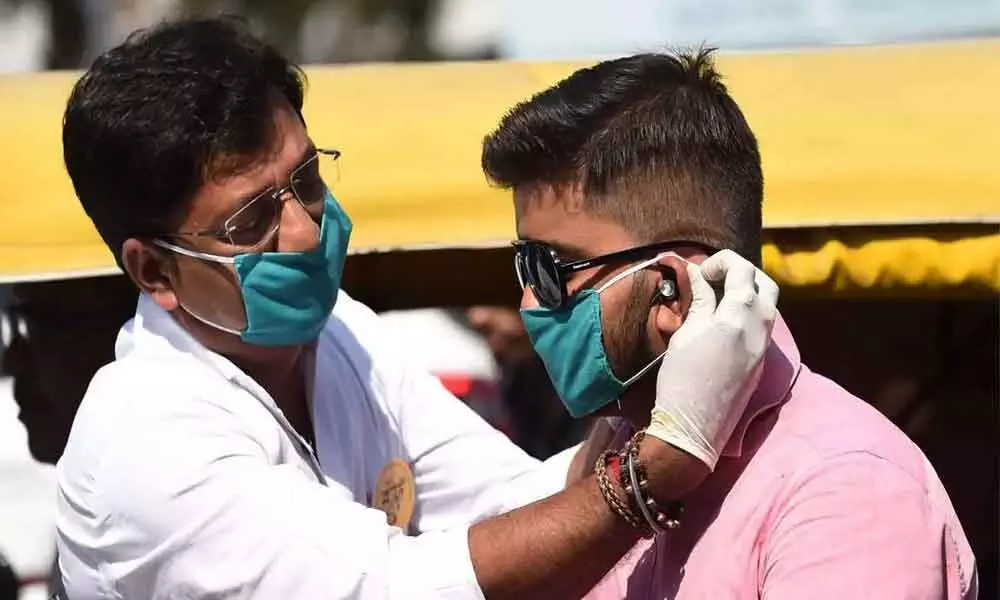Live
- Our govt will extented all help to young entrepreneurs: Ponnam
- IT Minister reassures govt support to start-ups
- It’s only industrial corridor, not a Pharma City, CM clarifies
- Sathya Sai’s teachings of love worthy of emulation, says Guv
- Sowing the seeds of democracy
- Sudanese army recaptures capital of Sinnar State in central Sudan
- Kishkindha Kaandam Review: Some movies prove not to compromise in having a good cinematic experience and this is one of them
- Son-rise: Hemant Soren grows taller as tribal leader, makes father proud
- ISL 2024-25: 10-man NorthEast United FC hold on to take three points vs Punjab FC
- BGT 2024-25: Jaiswal’s application, commitment to form a partnership was so impressive, says Gilchrist









